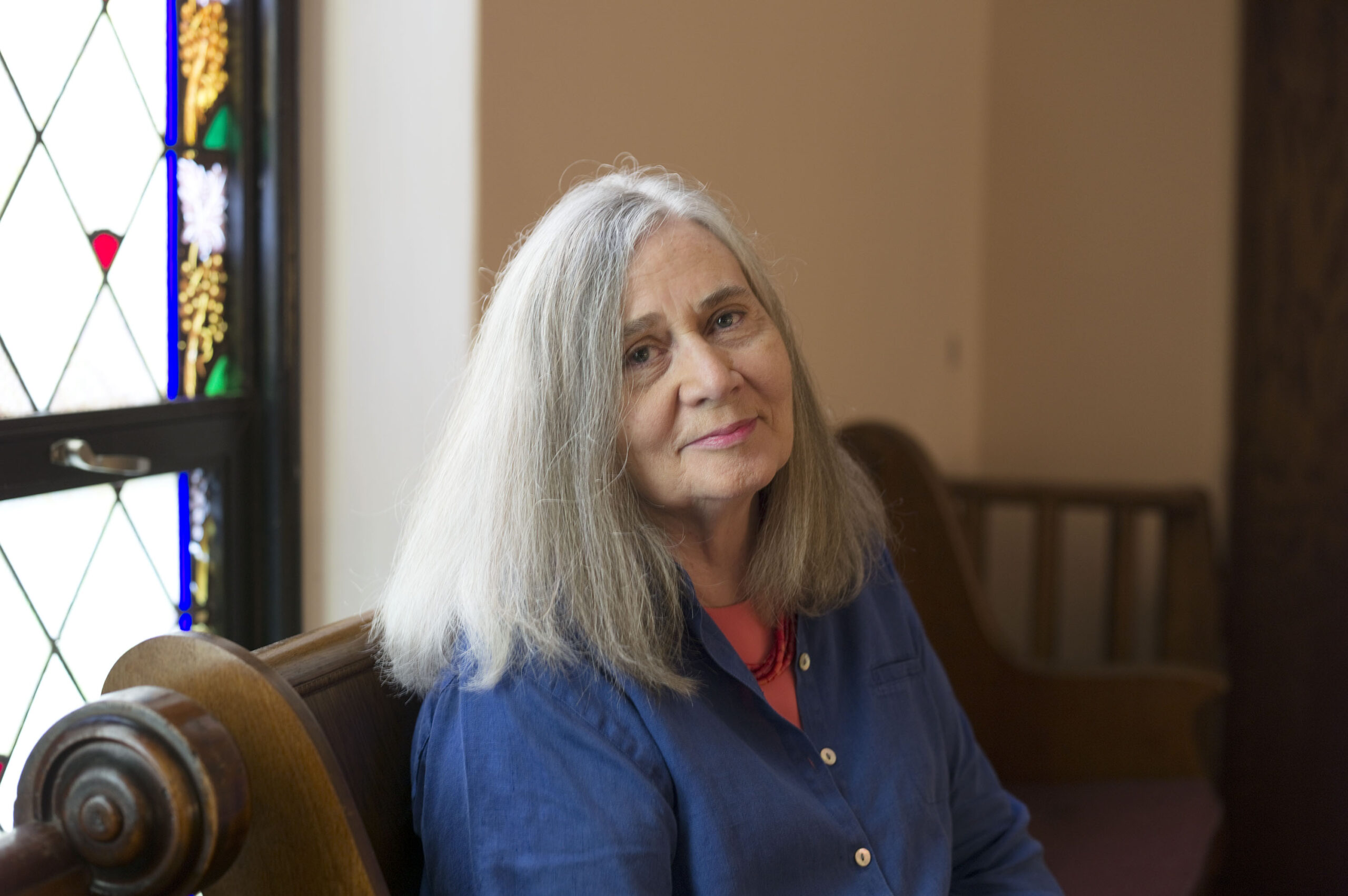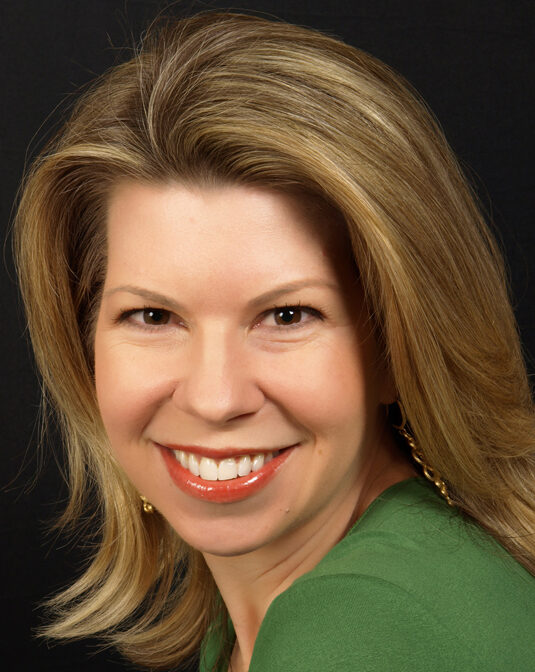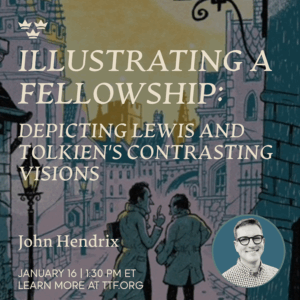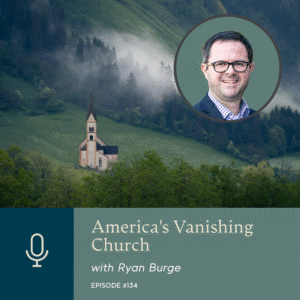Story, Culture, & the Common Good, with Marilynne Robinson
July 24, 2020
Overview
Speakers
-
 MARILYNNE ROBINSON
MARILYNNE ROBINSON -
 CHERIE HARDER
CHERIE HARDER
SHARE

